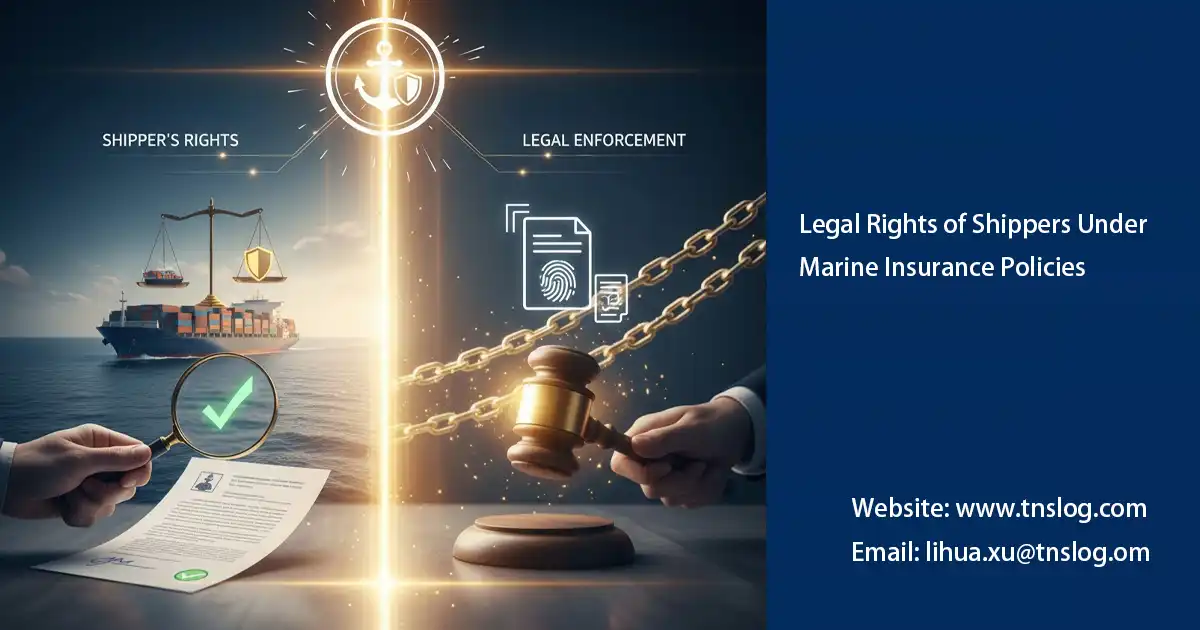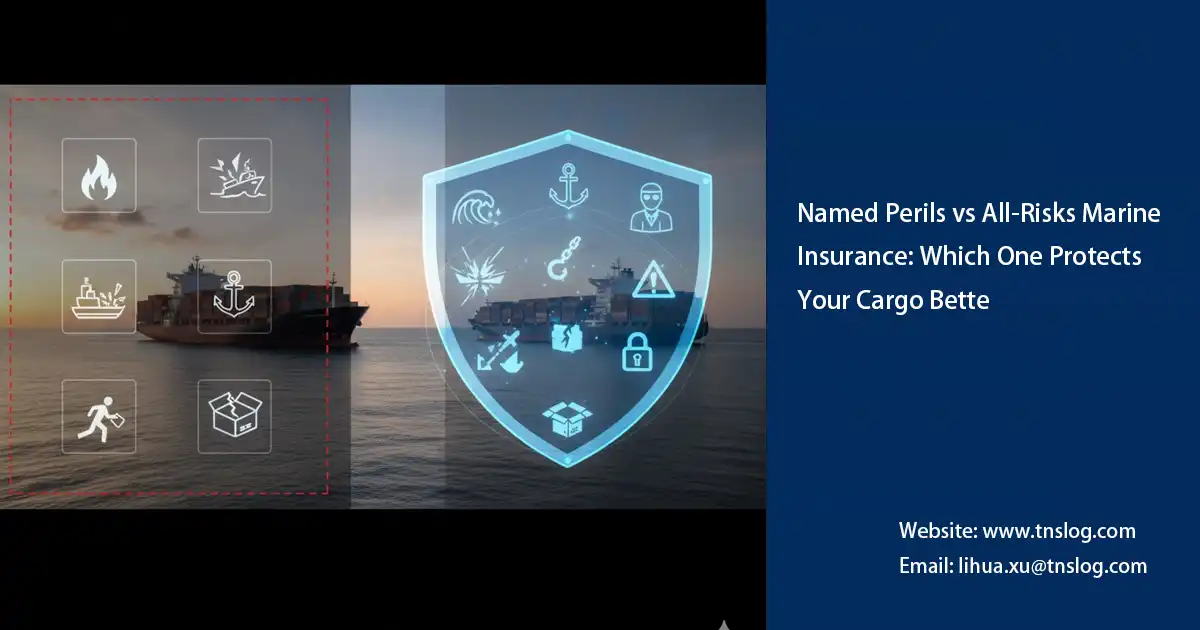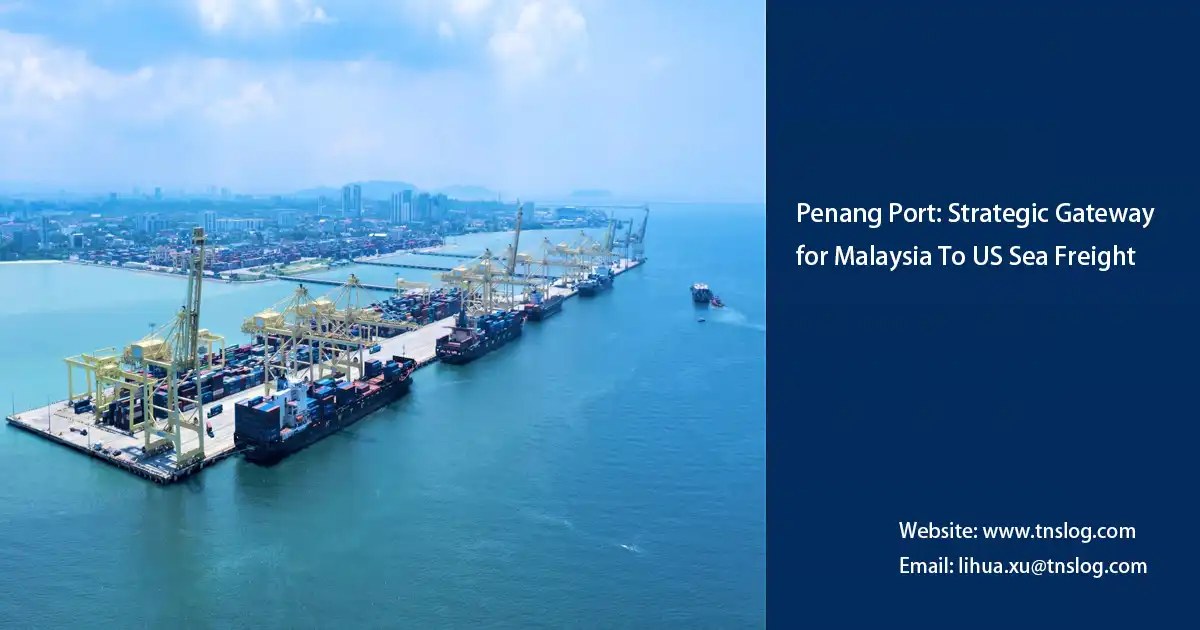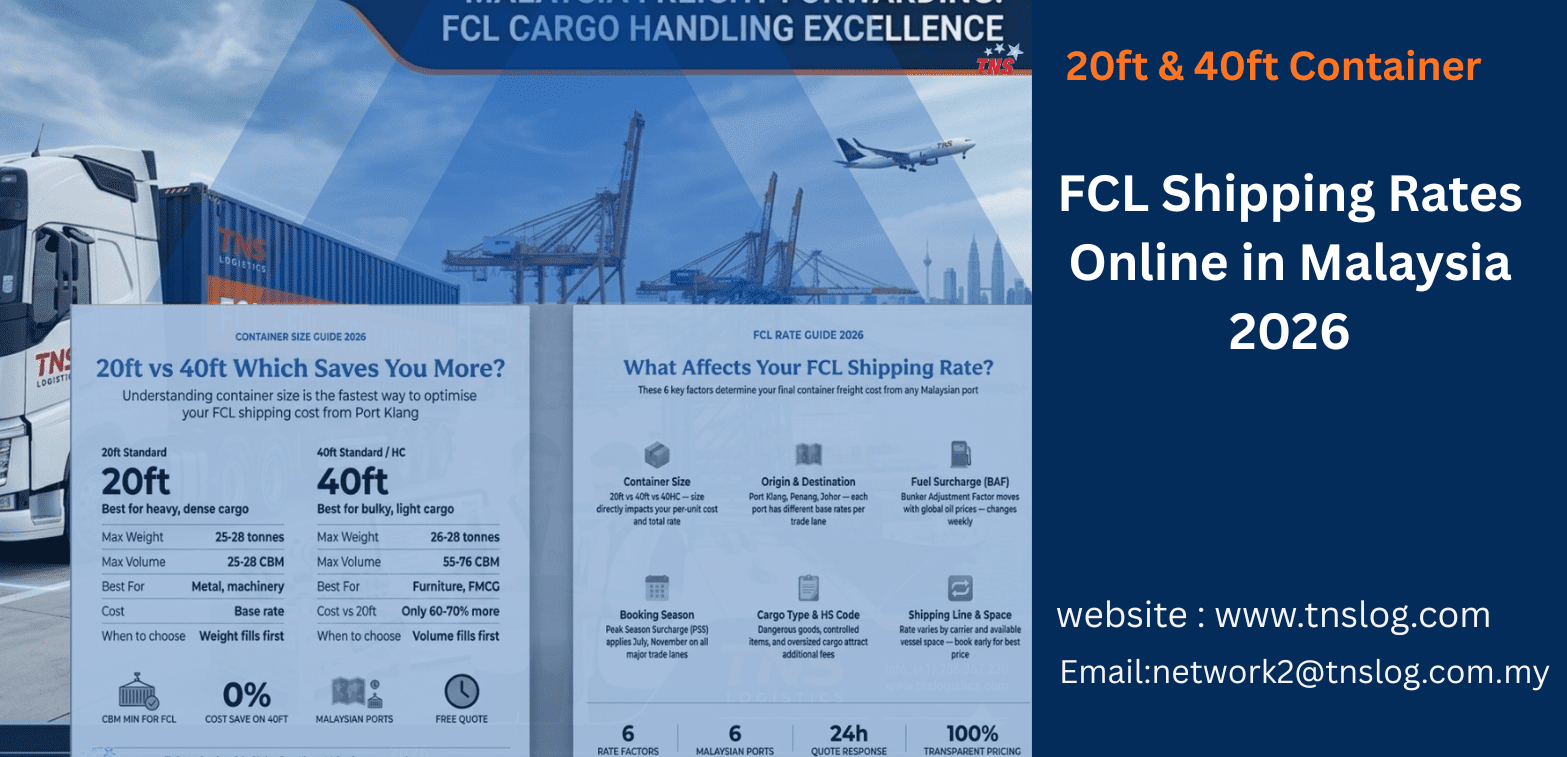Common Misunderstandings About Freight Forwarder-Provided Insurance
In international trade, freight forwarder-provided insurance is one of the most misunderstood aspects of logistics. Many shippers assume they’re automatically protected or that insurance is unnecessary—until a costly accident proves otherwise.
This article clears up the most common misconceptions and explains how understanding freight forwarder insurance can protect your cargo and business from avoidable losses.
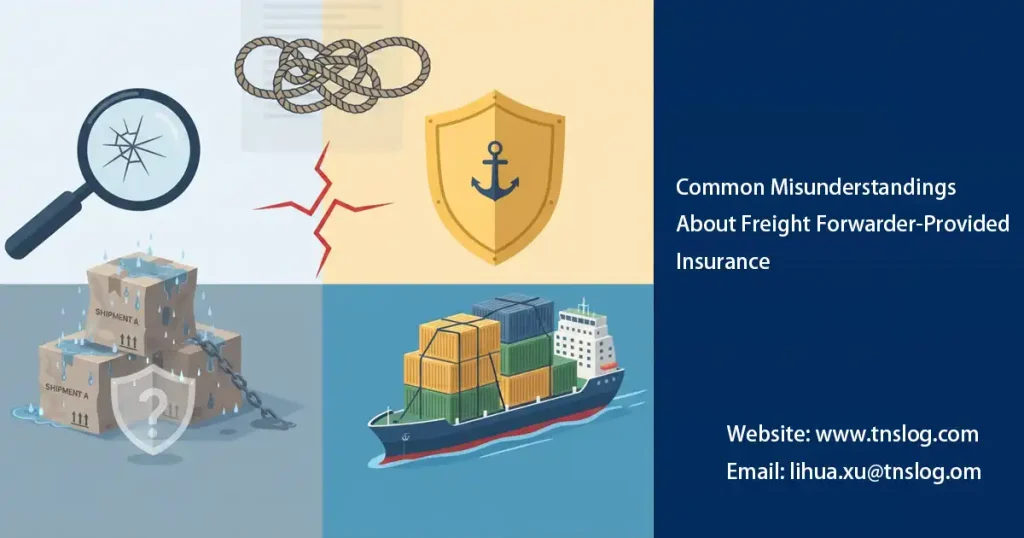
1. “Freight forwarders don’t need insurance; only carriers or shippers do.”
This is one of the biggest misconceptions. While carriers and shippers both have roles in protecting cargo, freight forwarders also bear legal and operational responsibilities during transport. For example, if a shipment is damaged due to improper handling, incorrect documentation, or warehouse negligence, the freight forwarder may be held liable.
Therefore, freight forwarders must carry freight forwarder liability insurance and often offer marine cargo insurance to clients as an added layer of protection. Without proper coverage, even small claims can lead to significant financial exposure for both the shipper and the forwarder.
2. “The carrier’s insurance covers all stages of transport.”
Another frequent misunderstanding is assuming that the carrier’s insurance automatically covers the entire journey. In reality, most carrier liability policies—such as those under international conventions (e.g., Hague-Visby Rules, CMR)—limit compensation strictly by weight or container, not the actual value of the goods.
For instance, if your $50,000 cargo is lost at sea, the carrier’s liability might only pay $1,000–$2,000 based on tonnage. That’s why smart shippers prefer purchasing cargo insurance through their freight forwarder to ensure full-value protection.
If you’re unsure whether buying insurance through your forwarder makes sense, read our detailed guide:
👉 Should You Buy Marine Insurance Through Your Freight Forwarder?
3. “General liability insurance covers all freight forwarder risks.”
Many freight companies mistakenly believe their general liability insurance provides full protection for logistics operations. However, such policies only cover third-party bodily injury or property damage, not cargo loss or delay during transit.
Specialized freight forwarder liability or errors and omissions (E&O) insurance is necessary to protect against mishandling, documentation errors, or customs misdeclarations—risks unique to freight forwarding.
4. “All cargo insurance policies are the same.”
This is far from true. Marine cargo insurance comes in several types—most commonly All Risks (ICC A), With Particular Average (ICC B), and Free from Particular Average (ICC C). Each policy offers different levels of protection and exclusions.
A shipment insured under “FPA” may not be covered for partial losses caused by rough handling or theft, while an “All Risks” policy would. Your freight forwarder can help you choose the right policy for your cargo type, route, and risk level.
5. “Insurance is too expensive—it’s not worth it.”
Many shippers skip insurance to save a small upfront cost, unaware of the potential for catastrophic loss. In reality, cargo insurance premiums are typically just 0.1%–0.5% of the cargo’s insured value. When compared to the risk of total loss from natural disasters, piracy, or mishandling, the protection far outweighs the cost.
Moreover, forwarders often have bulk-rate agreements with insurance providers, offering clients discounted premiums that are lower than buying directly.
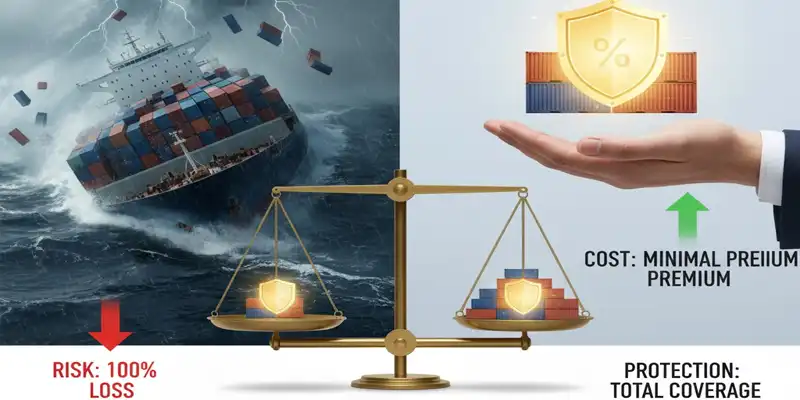
6. “Freight forwarders are automatically covered under the customer’s insurance.”
This misunderstanding can lead to serious disputes. A client’s insurance policy usually covers only the cargo owner’s interest, not the freight forwarder’s liability. Unless the policy explicitly lists the forwarder as a co-insured party, they are not entitled to claim compensation under the client’s policy.
This means if the forwarder makes an operational error—such as incorrect documentation—the insurer may reject the claim entirely. Therefore, both sides should have separate but coordinated insurance policies to ensure full protection.
7. “Freight forwarder insurance covers all types of claims.”
Even the best freight forwarder insurance has exclusions. Commonly excluded claims include:
- Losses caused by war or strikes (unless specifically added)
- Fraudulent acts by employees
- Improper packaging or stowage
- Delay-related financial losses
Understanding these exclusions before purchasing coverage is critical. A good freight forwarder will explain each clause and recommend add-on coverage if your cargo faces higher risks.
For a better understanding of how to handle claim procedures properly, see our article Step-by-Step Guide to Filing a Marine Cargo Insurance Claim
— it walks you through the process from incident to payout.
Conclusion
Misunderstanding freight forwarder-provided insurance can lead to costly mistakes, rejected claims, and severe business disruptions.
The key takeaway is simple: carriers, shippers, and freight forwarders each have distinct insurance responsibilities—and assuming one covers the other is a risky mistake.
By partnering with a knowledgeable freight forwarder, you can gain clear insight into what’s covered, what’s excluded, and how to secure the most cost-effective protection for your cargo.
If you’d like to learn how our Malaysia-based forwarding team can help you protect your shipments with the right insurance strategy, contact us today for expert guidance.
Have Anything To Ask Us?
Please fill in your email in the form and we’ll get back to assist you soon!

